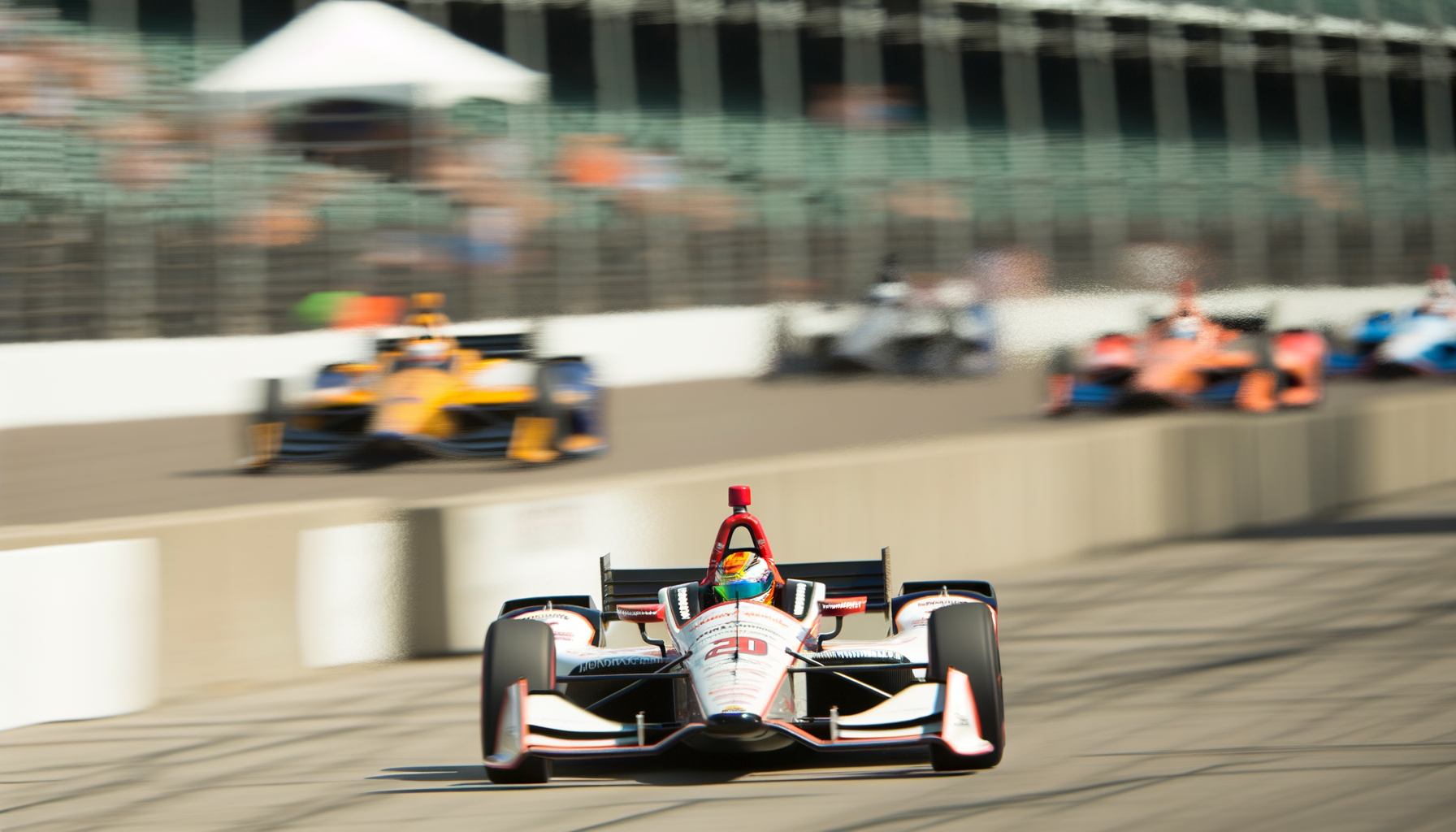Usain Bolt On How Super-Spikes Could Have Shattered His 100m Record
Usain Bolt reveals he could have run 9.42 seconds with today's super-spikes but believes his 100m world record will stand for years yet.

By Editorial
Usain Bolt Reflects On His Enduring 100m World Record
Sixteen years on from his legendary 9.58 seconds world record in the 100 metres, Usain Bolt remains confident that his mark will stand the test of time. The Jamaican sprint icon, who retired in 2017 after a glittering career featuring eight Olympic gold medals, recently shared his thoughts on how advances in footwear technology could have pushed his record even lower.
Speaking ahead of the World Athletics Championships in Tokyo, Bolt revealed that had he competed in the era of today’s carbon-plated ‘super-spikes’, he might have run as fast as 9.42 seconds. This would have eclipsed his 2009 Berlin championship record by a considerable margin, emphasizing the potential impact of modern equipment on sprinting performance.
How Super-Spikes Are Changing Sprinting
Super-spikes are lightweight sprinting shoes featuring carbon fibre plates designed to optimise energy return and improve running economy. Puma, Bolt’s former sponsor during his dominant years, conducted research indicating these shoes could reduce 100m times by up to 0.16 seconds for elite sprinters. Bolt’s endorsement of this data highlights a fascinating intersection between technology and athletics.
While super-spikes have become standard among top sprinters, Bolt’s remark underscores their transformative effect. Jamaican sprinter Shelly-Ann Fraser-Pryce, for instance, has improved her times noticeably since adopting the latest spikes, demonstrating how equipment innovation can extend an athlete’s competitive lifespan and bolster performance.
Why Bolt Believes His Record Is Still Safe
Despite acknowledging the advantage super-spikes offer, Bolt remains realistic about the longevity of his record. He pointed to the current crop of sprinters, including compatriot Kishane Thompson, who clocked 9.75 seconds at the Jamaican championships – the fastest time in a decade. Yet, Bolt expressed scepticism that any athlete will surpass his record in the immediate future.
"I think the talent is there, and those coming up will do well, but at this present moment, I don’t think they will be able to break the world record," Bolt remarked. His perspective is shaped not only by raw times but also by the consistency and execution required to challenge such an elite benchmark.
The Rising Stars Of Jamaican Sprinting
Jamaica’s sprinting legacy remains strong, with athletes like Kishane Thompson and Oblique Seville making waves on the global stage. Thompson came agonisingly close to ending Jamaica’s sprint title drought at the Olympics, narrowly finishing behind Noah Lyles in the 100m final. Bolt is optimistic about their chances at the Tokyo World Championships, predicting a possible one-two finish for the duo.
"They have really shown this season that they are running fast times. It’s all about execution now," Bolt said, highlighting the importance of race-day performance beyond just raw speed. This emerging generation carries the hopes of a nation famed for producing world-class sprinters, continuing traditions that Bolt himself helped elevate.
Lessons From Bolt’s Rivalries And Sporting Attitude
Bolt also reflected on his interactions with rivals like Noah Lyles and Justin Gatlin, emphasising his focus and mental resilience. Unlike Gatlin, whose aggressive trash talk was part of the competitive landscape, Bolt maintained a calm, unshakeable preparation routine that allowed him to consistently perform under pressure.
His approach offers valuable insights into the psychological demands of elite sprinting and the importance of mental discipline. This mindset, coupled with physical talent and advances like super-spikes, forms the complex formula behind world record performances.
The Challenge Of Transitioning Young Talent To The Elite Level
Bolt’s expertise extends to mentoring young athletes, exemplified by his comments on Australian sprint sensation Gout Gout. The 17-year-old has drawn comparisons to Bolt himself due to his impressive junior performances. However, Bolt cautioned that transitioning from junior success to senior world champion is fraught with challenges.
"It’s all about getting everything right — the right coach, support system, and focus," Bolt said. His words resonate with the realities many young athletes face, highlighting that talent alone is not enough to guarantee future greatness.
Conclusion: The Enduring Impact Of Bolt’s Legacy
Usain Bolt’s reflections on super-spikes and the current sprinting landscape offer a compelling perspective on how sport evolves with technology and talent. While new equipment may push human limits further, Bolt’s record remains a monumental achievement unlikely to be broken soon.
As the World Athletics Championships unfold, fans can look forward to witnessing the next chapter in sprinting history, with emerging stars inspired by Bolt’s legacy. For more insights on sports developments, visit our exploration of top sports in the UK or check out Sky Sports football watchalongs for the latest in football entertainment.
Related topics
Editorial
Sports expert at SportsScoop
Specialist in sports analysis and journalism
Related articles
Want to read more?
Explore our comprehensive collection of sports articles and analysis, or contact us for more information.



